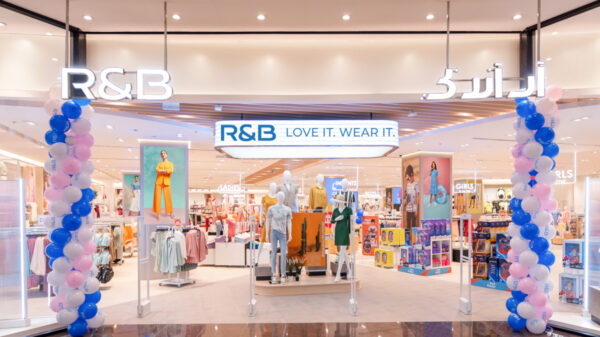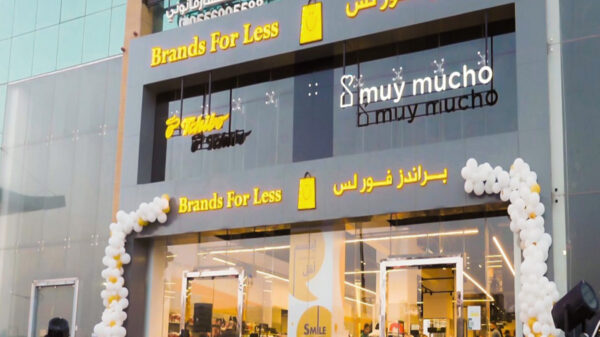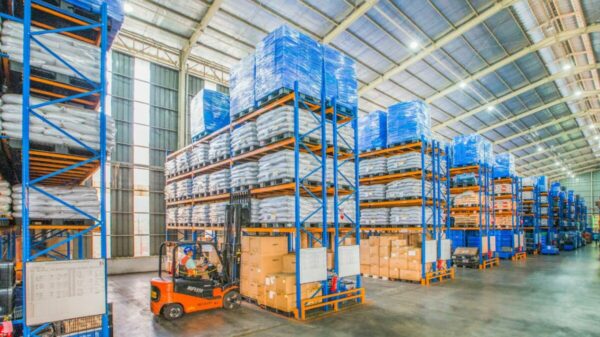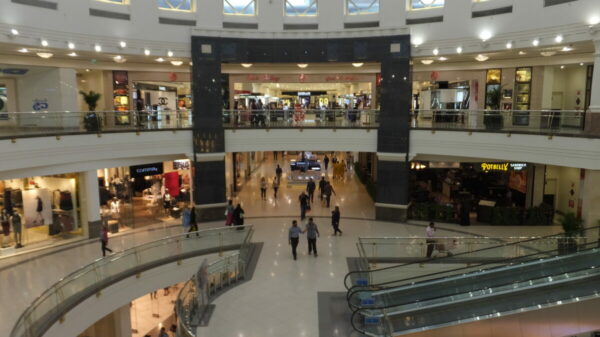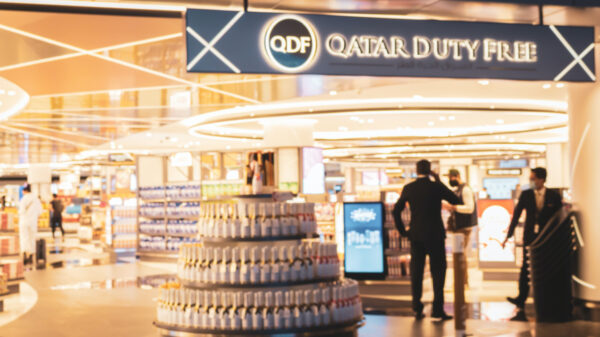Retail floorspace is set to increase by 587,000 square metres in Dubai and Abu Dhabi in 2023, according to a report by property consultancy firm JLL.
In its UAE 2022 Year in Review report, the firm revealed that approximately 200,000 square metres of retail floorspace was added to Dubai last year, which increased its total stock to 4.63 million square metres. The city is expected to add approximately 355,000 square metres of space this year, the majority of which will be accounted for by a new super-regional mall and the expansion of two existing ones in the same category.
Meanwhile, the retail stock in Abu Dhabi remained unchanged in 2022 at 2.89 million square metres, but it is expected to increase by 232,000 square metres this year.
Meanwhile, the report said that the retail sector in the UAE saw growth in the second half of 2022.
The continued growth of online shopping has prompted retailers to improve their digital presence in order to boost revenues in an increasingly competitive environment. Although market participants highlighted snarled supply chains and inflationary pressures as key headwinds last year, there were signs of relief in the second half of 2022.
Faraz Ahmed, associate, Research at JLL Mena told Gulf Business that the UAE’s real estate sector continued to gather pace, adding that “even segments like retail that faced headwinds initially in the year, recovered significantly in the last quarter. Looking ahead, we can expect the UAE to continue to attract the attention of both regional and international investors with aspirational offerings within the sector.”
Adding to this are rents for retail spaces. According to the report, rents in both Dubai and Abu Dhabi broadly stabilised after declining in recent years. In the fourth quarter of 2022, average rental values across primary and secondary malls in Abu Dhabi were flat when compared to the same period in 2021, while rents in Dubai fell by 1 per cent. The report explained that well-located super-regional malls have benefited from returning tourists, resulting in an increase in rents for this segment. The average rent for super-regional malls in Dubai increased by 3 per cent year on year in the fourth quarter of 2022, compared to the fourth quarter of 2021.
Finally, the report said that owners and franchise operators remained focused on bringing unique entertainment concepts to drive footfall to differentiate their offerings, and that landlords have been offering favorable lease terms and incentives to attract new international brands as well.

